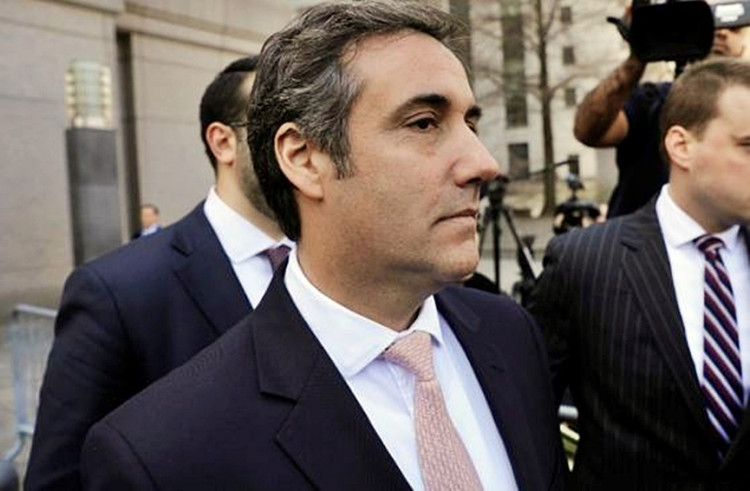Michael Cohen, former President Donald Trump's ex-lawyer and self-proclaimed fixer, testified that he orchestrated hush money payments at Trump's direction. Cohen's testimony provided detailed accounts of how the $130,000 payment to adult-film actress Stormy Daniels was made just before the 2016 presidential election to suppress allegations of an affair with Trump.
Cohen stated he wired the payment to Daniels immediately after speaking with Trump, indicating that he acted "at the direction of and for the benefit" of the then-presidential candidate. Trump faces 34 counts of business fraud for allegedly reimbursing Cohen through transactions disguised as legal expenses. Trump has pleaded not guilty to all charges.
Cohen's testimony is pivotal, as it connects Trump directly to the scheme. During his testimony, Cohen recalled a meeting with Trump and Allen Weisselberg, Trump's chief financial officer, where they discussed the repayment plan. According to Cohen, Weisselberg outlined that the repayments would be made in 12 installments of $35,000, recorded as a retainer for legal services, which Trump approved.
"This is gonna be one heck of a ride in DC," Trump allegedly told Cohen, foreseeing the tumultuous presidency ahead. Cohen's testimony highlighted that Trump was acutely aware of and involved in the financial arrangements to conceal the affair, which prosecutors argue constitutes election interference.
The trial has drawn significant attention, with Cohen finally taking the stand 16 days in. His statements could heavily influence the outcome, given his firsthand knowledge of Trump's operations. Cohen is one of the few witnesses who can directly testify that Trump was aware of the alleged reimbursement scheme, a crucial element for the prosecution.
Cohen also testified about Trump's reaction to other potential scandals. He recounted Trump instructing him to "handle" multiple hush money payments and work with tabloid media to kill negative stories. This included an alleged affair with Playboy model Karen McDougal, which Cohen managed by coordinating with David Pecker, then-publisher of the National Enquirer.
Cohen detailed a call where Trump asked Pecker about the McDougal payment. "Pecker said 'we have this under control, we'll take care of this,'" Cohen testified, underscoring the coordinated effort to protect Trump's public image during the 2016 campaign.
The defense team is expected to rigorously cross-examine Cohen, attacking his credibility due to his past criminal convictions, including lying to Congress and campaign finance violations. They will likely portray him as a disgruntled former associate with an agenda against Trump.
Despite these anticipated attacks, legal experts suggest Cohen's testimony has strengthened the prosecution's case. Norm Eisen, an attorney who previously interviewed Cohen, remarked, "Given disparaging references others have made to Cohen, I am sure the jury is surprised by the sober, well-spoken, candid individual they are meeting."
Trump, who has consistently denied the affairs and any wrongdoing, has framed the case as politically motivated, aimed at derailing his potential 2024 presidential campaign. Speaking outside the court, Trump reiterated this stance, labeling the prosecution as a partisan effort to undermine him.
Trump's defense has tried to distance him from Cohen's actions, with former communications aide Hope Hicks testifying that Cohen would sometimes act independently, or "go rogue." This strategy aims to create doubt about Trump's direct involvement in the hush money payments.
The trial also highlighted Trump's influence over his team, with Cohen describing how Trump closely monitored activities, especially those critical to his public image. "When he would task you with something, he would then say, 'Keep me informed. Let me know what's going on,'" Cohen testified.
The outcome of this trial, featuring the first-ever criminal proceedings against a former U.S. president, could have significant implications for Trump's political future. As Cohen continues his testimony, the jury will weigh his credibility against his detailed recounting of the alleged hush money scheme, determining whether Trump's actions were criminal or merely political maneuvering.






